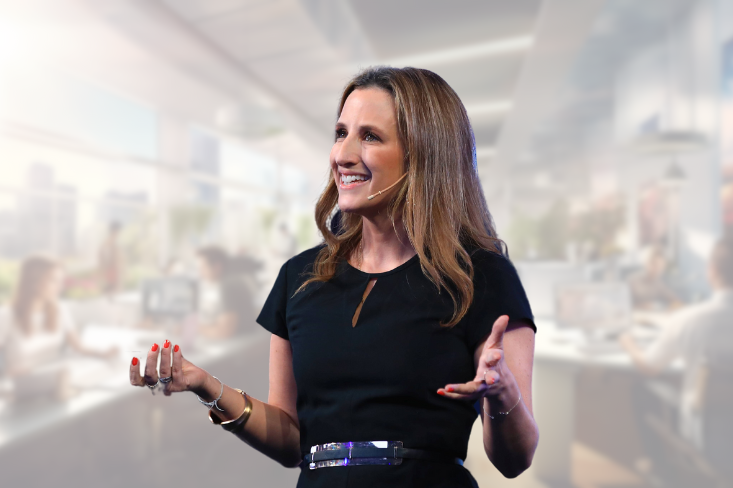
Mimi Nicklin
Founder Empathy Everywhere
About Mimi
Mimi is the internationally bestselling author of “Softening The Edge”, founder of the world’s first organisational empathy platform www.EmpathyEverywhere.co and the top 5 rated podcast host of ‘Mimi-YouYou’ show. She is an experienced creative strategist and consultant and the CEO of global ad agency, Freedm. She is a well-known organisational coach, and a keynote speaker, contributor and advocate for the global movement to balance humanism and capitalism in our workplaces and societies. As an inclusive millennial leader, she also passionately talks about empathy as the road to equality, psychological safety and inclusion success.
Why do you believe psychological safety is important for organisations?
Because nothing more important than the sustainability of our people. Psychological safety helps prevents burn out and helps people evolve in their role in the workplace by recognising the value of:
SOCIAL CONNECTION
It will be impossible to achieve any level of connection or health in our societies if our workplaces are not able to create the safe environments for our people to thrive in.
EMPATHY
We have a global empathy deficit and need to create the safe spaces at work for our people to listen to each other if we want to cohesively reconnect our world.
EMPLOYEE VOICE
If an organisation’s culture is one where people do not feel seen or heard, they will not feel safe enough to communicate openly, deliver to their potential, or grow.
HUMAN CAPITAL
It is about social health and business wealth and the two can only co-exist with our intentional commitment as leaders to balance humanism and capitalism.
Which organisational layer and enabler are most important to psychological safety?
Organisational leadership is the most important layer – change and sustained culture has to start to balance social health and business wealth. No individual or team can create a wider belief system and intentional commitment to a culture of intellectual bravery in which team members are willing to disagree, dissent, or challenge the status quo, and are open to growth and expansion of thought, These are shifts and realities that need to be imbued organisation wide – created, trained and consistently committed to from every leader.
Obviously I believe empathy is the most important enabler to creating a sense of belonging and inclusion. As pro-social animals, acknowledgement is fundamental to our ability to thrive. When we are recognised and “seen”, we feel safe and understand that we have a valuable role to play in our team. Empathy is the foundation of this workplace reality, creating a culture characterised by trust, respect, and listening. When empathy is high, employees feel assured that their colleagues will be sensitive to their needs, regardless of their race, gender or cultural background – they know their opinion and reality matters. This, in turn, leads to greater creativity, better decision making and an overall engagement.

Organisation

What do you think are the biggest challenges in creating psychological safety?
Fundamentally the challenges sit with the leaderships ability to change. The biggest challenges include shifting the culture and mindset of the organization, addressing fear and resistance to change, demonstrating vulnerability and empathy, and investing in leaders’ emotional intelligence and communication skills.
Shifting the culture and mindset involves breaking down hierarchical structures and conventional processes that are often adopted as “the devil we know”
Fear and resistance to change means employees may be hesitant to speak up due to a fear of negative consequences, especially in more traditional or hierarchical organizations.
Leaders need demonstrate vulnerability and empathy to establish trust with their employees and create an environment that encourages open communication.
The lack of investment in leadership development results in leaders with low emotional intelligence, active listening, and effective communication skills.
